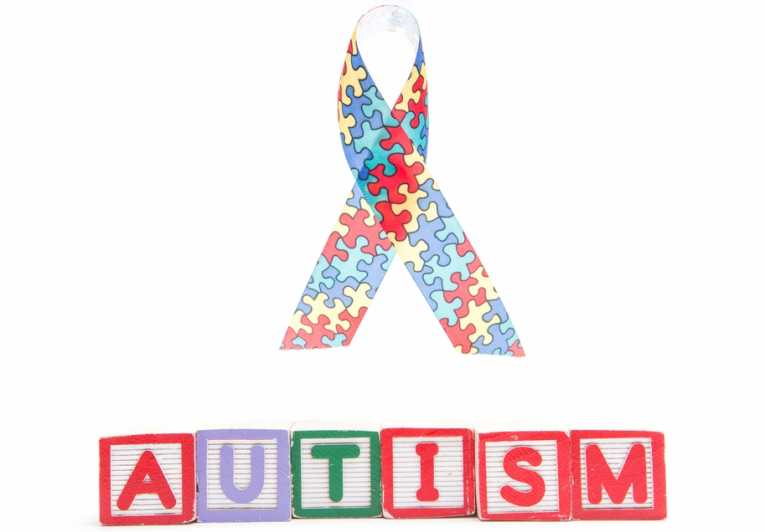Autism is a lifelong developmental disability that affects the way that a person is able to communicate with and relate to other people. It also affects how they make sense of the world around them.
It is a complex condition, because while all people with autism share certain difficulties, their condition will affect them in different ways. Autism is considered to be a universal disorder and it has been estimated that autism spectrum disorder affects around 6 individuals per 1000 and this figure is consistent across cultures and ethnic groups. It is a lifelong condition, there is no cure and children with autism will grow into adults with autism.
Boys are more likely to be affected than girls, with the figure for boys being around 1 in 70, while the figure for girls is 1 in 315. It is estimated that the number of people with autism in the UK is over half a million.
Some people with autism are able to live relatively independent lives, but others may have associated learning disabilities that require a lifetime of specialist support. A feature of autism is that many with the condition have over or under-under sensibility to sounds, touch, taste, smell, light or colour.
A particular form of autism is Asperger syndrome. People with this are often of above average intelligence, and while they may not have problems with speech, they may have difficulties with understanding and processing language.
The world can be a very confusing place for someone with autism. To them life can be a constant struggle to make sense of a combination of unrelated people, places and events, all of which can cause considerable anxiety.
Another big problem is that of understanding and relating to other people. Taking part in everyday family and social life can be a nightmare. For instance, they will find it difficult to understand facial expressions or tone of voice. They won't understand or appreciate jokes and sarcasm and if they are told that something is "cool", they will probably interpret this as not being hot, rather than being something that is rather good.
People with autism often find it difficult to recognise and understand other people's emotions and feelings, as well as expressing their own. This can make them appear to be insensitive, because they are unable to detect how another person might be feeling. Often they will prefer to spend time alone, rather than seeking out the company of other people. The might also appear to behave strangely or inappropriately.
Routine is very important to someone with autism. Since the world in general seems so unpredictable and confusing, people with autism like to have a fixed idea of what is going to happen every day. This could include eating exactly the same food for breakfast and always wanting to travel to school or work in exactly the same way every day.
The trouble is that people with autism usually don't look any different to people who don't have the condition. While autism is definitely a disability, autistic people generally don't look disabled. This can be particularly difficult for school children when the behaviour associated with their condition is interpreted as naughtiness.
Nobody knows how or why autism develops. It is not caused by a person's upbringing or their social circumstances and it is not the fault of the individual who has the condition. Research suggests that the likely causes are a number of factors. These could be genetic and environmental and they may account for changes in brain development.
The United Nations has always promoted the rights and well being of people with disabilities, including children with developmental disabilities. In 2008 the Convention on the Rights of Persons with Disabilities entered into force. This reaffirmed the fundamental principle of universal human rights for all.
The UN General Assembly subsequently unanimously declared that 2nd April would become World Autism Awareness Day, enabling people and organisations around the world to come together to raise awareness of autism.
There are many myths that still surround autism and these misconceptions can have a very damaging effect on the lives of the people who are living with the condition.
This lack of understanding can also make it difficult for some people to have their condition recognised, thus depriving them of the vital support that they need.
In his message for World Autism Awareness Day 2013, UN Secretary-General Ban Ki-moon said;










